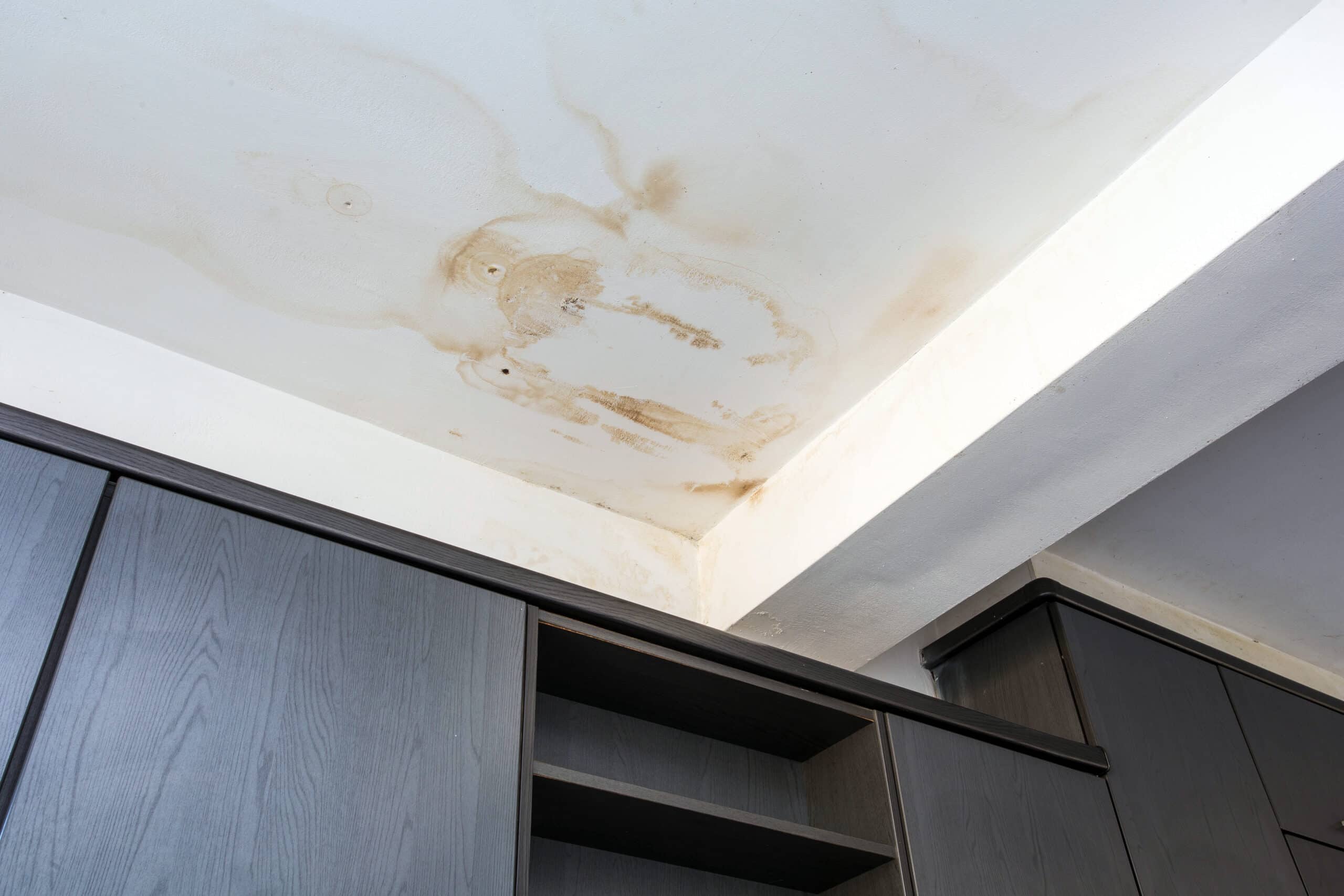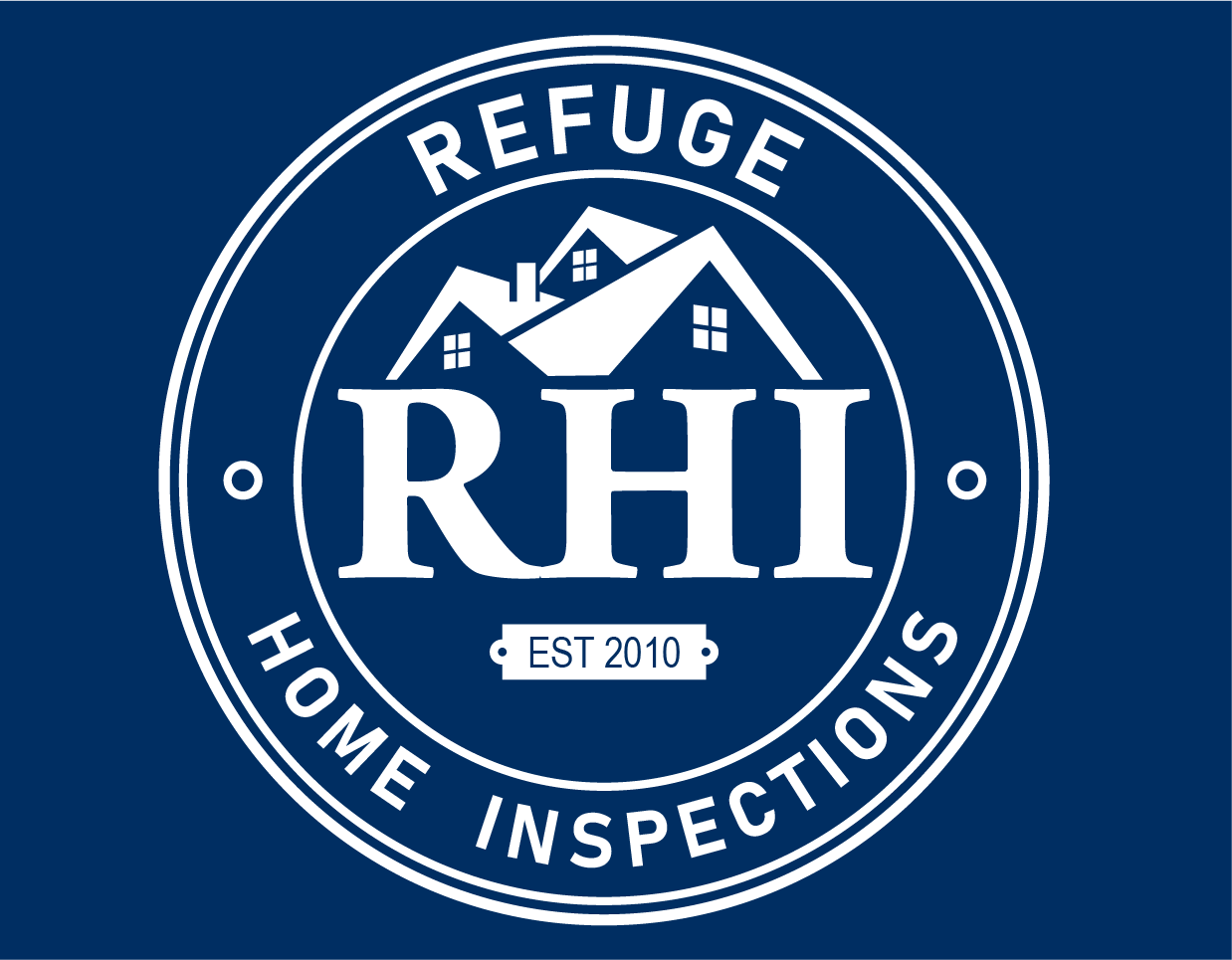So, you’re buying a home and you just had it inspected. More often than not, instead of feeling really good about your decision, you are left with several questions or further concerns based on your inspection report. If RHI just sent you your report, it is probably larger than you thought it would be. This should not be a reason to worry. Most of the information we document just builds your basic knowledge of the home. Let’s dive in a little deeper so you can understand the findings in your report.

During the inspection window (usually 10 to 14 days from signing the agreement), you have this time to have an inspection, have contractors out to give estimates on repair items, and respond back to the inspection with items you would like repaired or just simply walk away from the deal if you feel there is too much that needs to be repaired with the home. This is the critical time where RHI shares our findings through our reports to help you have the knowledge to make this informed decision.
The negotiation process is usually smoother with a real estate agent or attorney. You can then decide to make the appropriate repairs or ask to be let out of the contract. It is important to know that most sellers are just as surprised as you to learn about some items that come up and they do not have to make all repairs if they do not want to. They are only obligated to repair safety and structural defects. You should always keep things in perspective and work with the major issues and not nitpick. No home is perfect.
Once you receive your report, the first thing for you to do is to compare the report with the seller’s disclosure and the sales sheet to verify that all items are stated correctly on those forms. You might find that items are missing that were advertised or were never present. For example, it may list a slab on grade home and there is a crawlspace. The home may list city sewer and a septic tank was present. Always be your own advocate and check that information is correct. It is also important to remember that home inspectors are generalists. If you have in-depth questions about key concerns or areas, RHI will always recommend consulting a specialist.
The next step is to itemize or prioritize all the items found on the summary sheet. Many inspection reports will have these items listed as safety concerns, major defects, maintenance items, or monitor items. The safety items and major concerns should be your higher priority items. Examples of major concerns would be a heavily shifted foundation or a roof leak that is causing water damage in the home. A maintenance item may be missing silicone that needs to be added around windows and doors or a door rubbing the frame when it is opened and closed.

Finally, you will respond to the inspection with the homeowner and ask for items to be corrected. Again, this is best done with a real estate agent or an attorney. You may negotiate back and forth before coming to an agreement. You may not come to an agreement at all. If you do come to terms and repairs are made, you can have those items verified with a reinspection through RHI or ask for the receipts for the contractors that completed the work. It is always best to have the items repaired by a licensed contractor and not the homeowner to prevent problems in the future with items not being fixed correctly. It is much easier to get a contractor to come out and fix their work than a previous homeowner.
Buying and/or selling a home is always a process. RHI strives to make our part in this process smooth. We always live our mission to educate. Sharing knowledge with you about your potential home purchase is a crucial step in your decision-making. We also want to keep everything in perspective for you during this time. We are always onsite to answer any questions or address any concerns. We are also available to answer questions before or after your inspection as well. As we look to the future, we envision growth for ourselves and growth for our clients. We are honored to help you grow into the next phase of your life.
